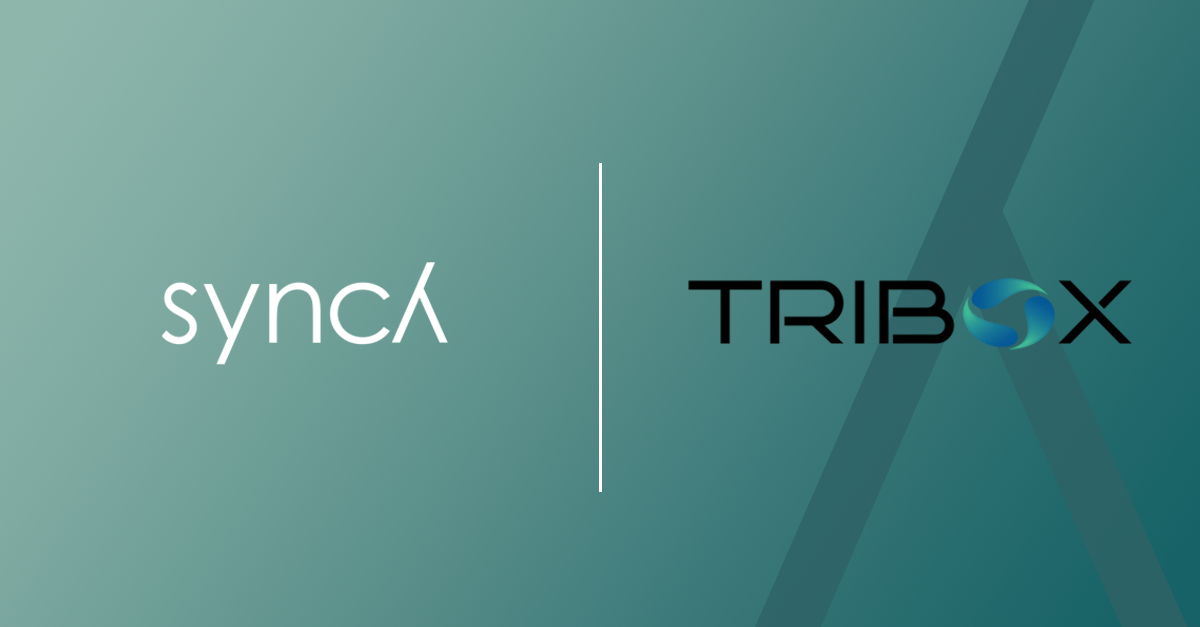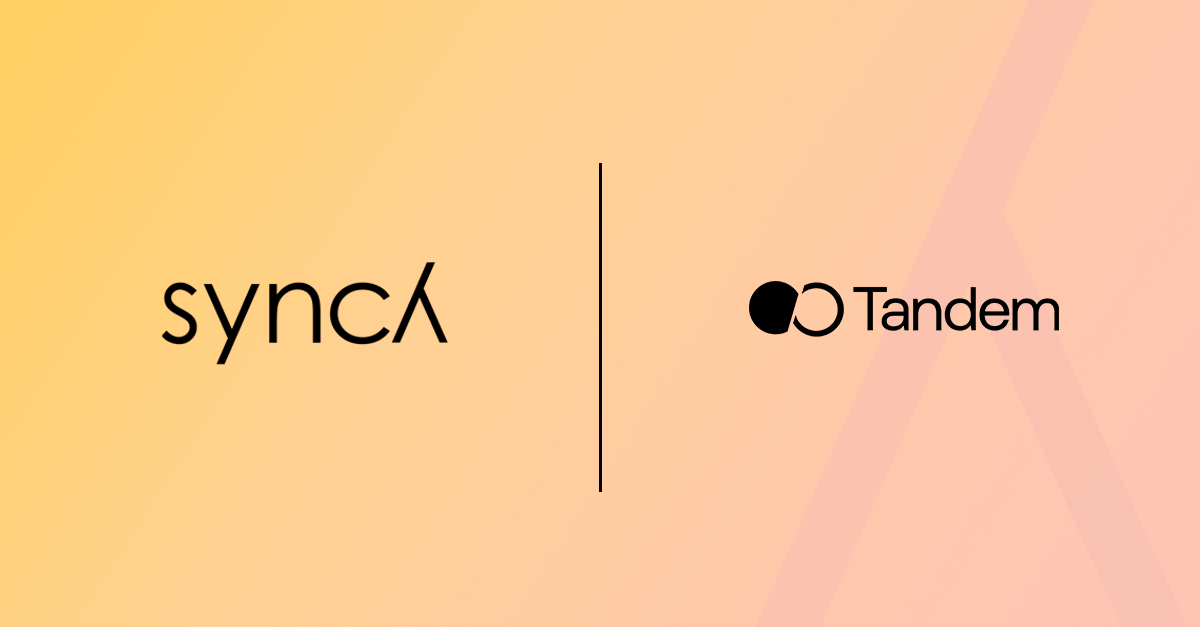The Digital Operational Resilience Act (DORA) is a transformative regulation set to reshape the digital landscape of financial services within the European Union (EU). This guide provides a clear and concise breakdown of DORA, answering the essential questions: What is it? Why does it matter? And who needs to care about it?
What is DORA?
DORA is an EU regulation aimed at ensuring the operational resilience of the financial sector in the face of digital risks. Adopted in 2022, it creates a harmonized framework for managing risks related to information and communication technology (ICT). The regulation applies to financial institutions, service providers, and relevant third parties operating within the EU.
Key pillars of DORA include:
- ICT Risk Management: Financial entities must establish robust systems for identifying, assessing, and managing digital risks. These systems should integrate seamlessly into existing operational structures and be capable of adapting to emerging threats.
- Incident Reporting: Entities are required to report significant ICT-related incidents to regulators within tight timeframes. This ensures transparency and allows regulators to respond quickly to potential systemic risks.
- Testing and Resilience: Regular stress testing and evaluation of digital infrastructure are mandatory to ensure preparedness against cyber threats. This includes penetration testing, vulnerability assessments, and simulations of cyberattack scenarios.
- Third-Party Risk: Enhanced scrutiny of third-party ICT providers is a cornerstone of DORA. This includes stricter contractual obligations, regular audits, and oversight mechanisms to ensure third-party providers do not introduce vulnerabilities.
- Information Sharing: Encourages collaboration among financial entities to share knowledge on cyber threats and best practices. This fosters a collective defense approach within the financial sector.
Why Does DORA Matter?
In an era of increasing reliance on digital systems, DORA addresses the growing risks of cyberattacks, data breaches, and technological failures that could disrupt financial stability. Its importance can be summarized in three key areas:
- Financial Stability: By standardizing ICT risk management across the EU, DORA minimizes the risk of systemic disruptions that could have far-reaching economic consequences. Financial entities are better equipped to withstand and recover from digital incidents.
- Consumer Trust: Strengthened resilience fosters confidence among consumers and businesses relying on digital financial services. Trust is a cornerstone of the financial sector, and DORA reinforces this by mitigating risks to service continuity and data security.
- Regulatory Clarity: The harmonized framework reduces fragmentation in ICT risk management, ensuring consistency across borders. This uniformity benefits multinational institutions by simplifying compliance efforts.
Who Needs to Care About DORA?
DORA’s scope is broad, impacting various stakeholders within the financial ecosystem:
- Financial Institutions: Banks, payment service providers, investment firms, and insurance companies must overhaul their ICT systems to meet DORA requirements. This includes aligning internal policies, upgrading infrastructure, and enhancing employee training.
- Third-Party Providers: Cloud service providers, software vendors, and other ICT service providers serving financial institutions must comply with stricter oversight and contractual obligations. DORA’s reach extends to ensure these providers uphold the same standards as financial institutions themselves.
- Regulators and Supervisory Authorities: National and EU-level bodies will enforce DORA, ensuring entities adhere to its stringent standards. They will also oversee the creation of a centralized register of ICT-related incidents.
- Consultants and Compliance Experts: Professionals advising on regulatory compliance, cybersecurity, and risk management will play a crucial role in helping organizations navigate DORA’s complex requirements.
Implementation Challenges
The road to compliance with DORA is not without challenges. Financial entities and their service providers may face obstacles such as:
- Resource Allocation: Upgrading ICT systems and implementing new controls require significant investment in time and finances.
- Coordination with Third Parties: Ensuring third-party providers meet DORA’s standards involves renegotiating contracts and conducting thorough audits.
- Adaptation to New Reporting Standards: The detailed incident reporting requirements may necessitate overhauling existing reporting mechanisms.
- Talent Shortage: The specialized expertise required for compliance, particularly in cybersecurity and ICT risk management, is in high demand but short supply.
The Road Ahead
DORA will become applicable on January 17, 2025, giving financial entities a limited window to align their operations with its requirements. The transition period is critical for organizations to:
- Conduct gap analyses of current ICT risk management practices.
- Implement necessary changes to meet compliance standards.
- Engage with third-party providers to ensure contractual and operational alignment.
- Train staff on DORA’s requirements and ensure organization-wide awareness of its importance.
The European Supervisory Authorities (ESAs) will play a key role in providing technical standards and guidelines to help stakeholders interpret and implement DORA effectively. Regular updates and public consultations will shape the finer details of these standards.
By prioritizing DORA compliance, financial entities not only avoid regulatory penalties but also position themselves as resilient and trustworthy players in the digital economy.
Conclusion
DORA represents a paradigm shift in how financial institutions approach digital resilience. Its comprehensive framework ensures that all stakeholders—from banks to ICT providers—are equipped to navigate the complex and ever-evolving landscape of digital risks. By establishing clear guidelines and fostering a culture of preparedness, DORA sets the stage for a more secure and stable financial ecosystem in the EU. As the January 2025 deadline approaches, understanding and implementing DORA’s provisions will be crucial for the financial sector to adapt to the digital age’s challenges and opportunities.










